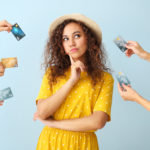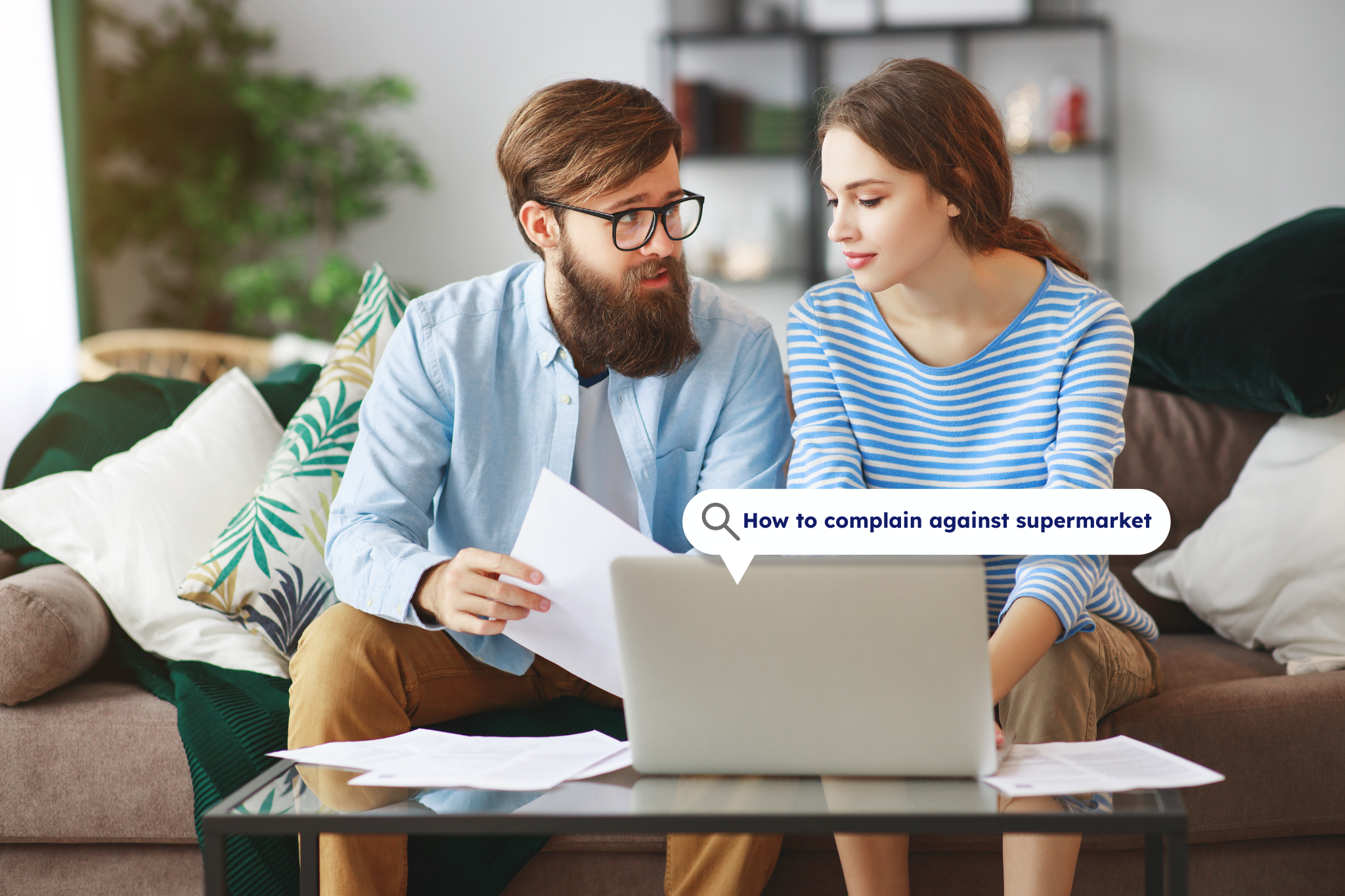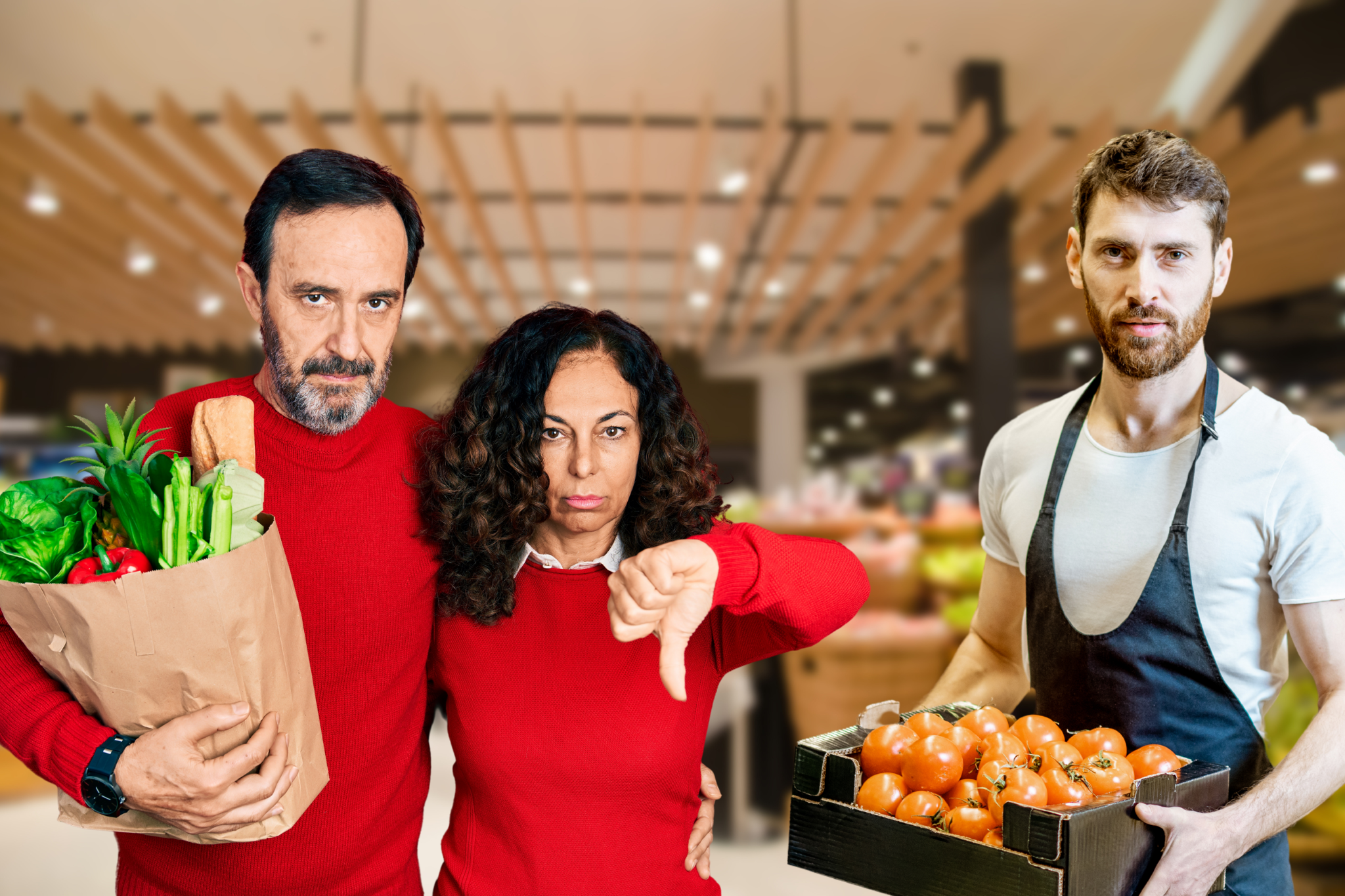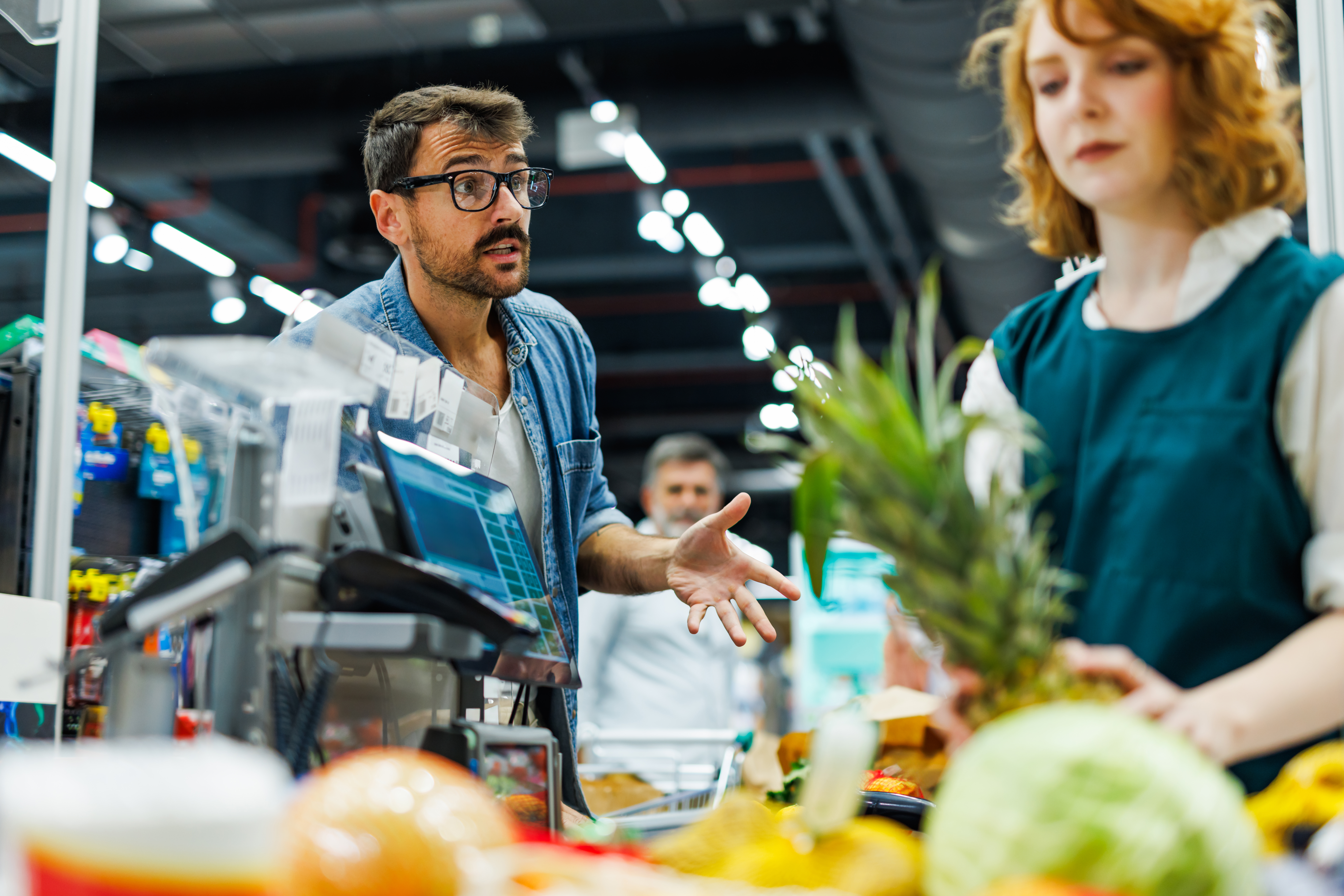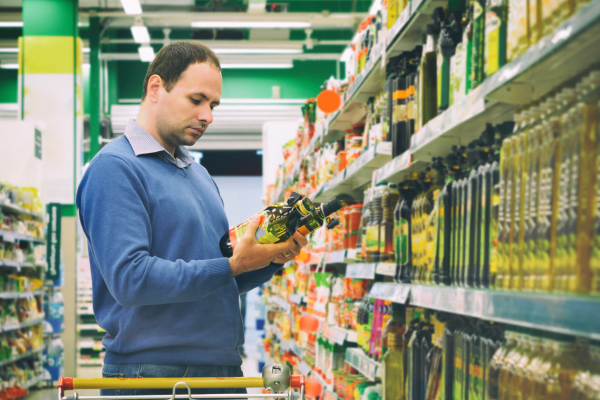
How to spot a knock-off and what can happen if you own one
Last updated on October 29th, 2021
Our confidence and skills with online shopping are improving every day, which means we’re becoming more adventurous with our purchases. Clothes, snacks, bath essentials, shoes, whatever it is we’re looking for, there's surely an online store selling it. But, what can we do if the product we bought was actually a knock-off?
And whatever products we’re looking to buy online, there are fake products looking to attract their own type of shoppers. Some shoppers are unsuspecting victims of fakery but some shoppers seek out counterfeit products thinking it’s a victimless crime.
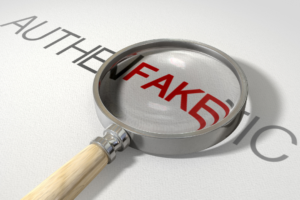
From knock-off watches to dodgy handbags, there is at least $700 billion a year of fake products trading hands around the world.
The big questions are how do we know if the product we’re buying is counterfeit and what can happen if we've bought one?
The most commonly counterfeited products are:
-
- toys
-
- fashion and accessories such as handbags, shoes, watches
-
- car parts and accessories
-
- cosmetics and beauty products
-
- electronics including mobile phones
What’s in a name
When it comes to shopping, buying a product with a top brand name isn’t necessarily better. But if you decide to buy one, it’s really important that the product you get is genuine and that you're getting what you've paid for.
Brand names go to a lot of effort to provide a consistent experience. It's a big part of the value they offer to customers. If you have a bad experience with a brand, you can contact them and, for the most part, the people running the brand are concerned with the image of the brand.
In comparison, fakers are not concerned about the reputation of the brand they're faking. And if they’re stealing the name and reputation from a real brand, what else are they doing to the item you’ve just bought? No-one can be sure what's in their product or how it was manufactured. We're just saying...
Why ‘Australian made’ is a target for pirates
Australian exports are sold at higher prices because we’re known around the world for offering quality products. Counterfeit products with Australian brands and badges on them could ruin our reputation as exporters of high-quality goods.
Thinking about Australian’s reputation as a quality exporter always reminds me of the shortage of baby formula we experienced in Australia in 2018.
This shortage was caused by mothers in China who didn’t trust the locally produced baby formula. Ten years prior, in 2008, babies became sick and some died as a result of some locally produced baby formula containing melamine. Melamine was added illegally to make the baby formula appear higher in protein. Since the baby formula industry still hadn’t recovered and mothers couldn’t trust their locally produced milk formula, they turned to Australian produced products when China experienced a baby boom in 2018.
What bringing fakes into Australia can cost us
Buying counterfeit goods means supporting the knock-off industry which is actually a big deal to Australia’s global trade and reputation.
Aside from this, you might be still wondering what are the other risks you take when you purchase a knock off.
There are certain countries that issue fines to tourists caught buying from illegal vendors. In Italy, you could receive a fine up to $11,000 for buying knock-offs. This huge fine makes sense when you think about Italy’s reputation for producing high-quality fashion and accessories.
According to Australian Border Force, handbags are among the most commonly seized counterfeit goods at the border. Other popular knock-offs to bring in as holiday souvenirs include mobile phones and accessories, clothing, shoes, DVDs, watches and toys.
Is it illegal to own a knock-off
The short answer is yes it is illegal. But the reality of getting a fine, or worse, is currently really small if you buy fakes for only your use.
As an example, on 6 March 2020, the final month of international travel before our borders shut due to COVID, a woman was caught with 129 counterfeit bags, purses and backpacks - mostly Mimco and Louis Vuitton copies - during a full baggage examination at Perth International Airport. The woman claimed the items were “for family and friends”, but Border Forces suspected she was planning to sell them online. The items were seized and disposed of as her punishment.
It's also important to know that brands are investing in technology that will help them protect their brands. For example, counterfeit Australian cherries were recently seized in Hong Kong when it was discovered that the QR codes on the boxes were fake. With the help of technology, it will get harder to get away with owning a fake.
How can we avoid buying counterfeit items online
To avoid buying a fake unknowingly, we recommend the following:
-
- Go to the brand’s official website directly, where possible
- Avoid clicking on links selling well-known brands on social media websites
- If buying through a marketplace such as eBay, check the seller’s reviews and history
- Check labels, packaging and ingredients lists
- Ask for extra pictures
How to spot a fake product
Before you buy an item, be on the lookout for the following redflags:
-
- Listing has irregular photos
-
- Item selling at a significant discount
-
- Warnings issues about fakes for that brand or product
-
- Limited reviews or sales history for seller
-
- No after-sale warranty offered
Once you receive an item, here are some ways to spot a fake on delivery:
-
- Your judgement senses issues with quality
-
- There is an unusual smell or taste
-
- Packaging is old or missing
-
- Incorrect spelling on labels
And just remember, if you think you’ve bought a counterfeit product and want to report it, we’ll help you follow the correct complaint process.
You can tell us what you’ve bought, what the problem is and what you’d like to tell the people who can help. Just say the magic words 'Help Me Handle It'.


